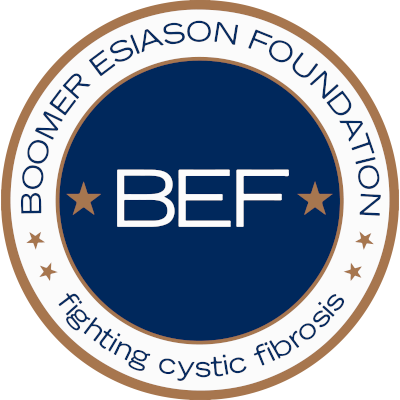PTC Therapeutics, Inc. (PTC) today announced a grant award of approximately $1.6 million from the U.S. Food and Drug Administration (FDA) Office of Orphan Products Development (OPD) to support an ongoing Phase 3 study of ataluren in patients with nonsense mutation cystic fibrosis (nmCF). The goal of the FDA’s OPD grant program is to support the clinical development of products for use in rare diseases or conditions where no current therapy exists or where the proposed product will be superior to the existing therapy.
“We are pleased to receive this grant from the FDA to support our ongoing development of ataluren for the treatment of nonsense mutation cystic fibrosis,” stated Stuart W. Peltz, Ph.D., President and Chief Executive Officer of PTC Therapeutics. “In addition to recognizing the potential of ataluren, this grant reflects PTC’s long-standing commitment to developing new treatments for patients with rare genetic disorders that severely impact survival and quality of life.”
The Phase 3 trial will enroll approximately 200 patients at research centers in North America, Europe and Israel. The primary goal of the study is to evaluate whether ataluren can improve lung function as measured by forced expiratory volume (FEV1). Other outcome measures will evaluate whether ataluren can decrease lung infections, reduce the frequency of cough and improve patient-reported quality of life. Patients are randomized to receive either ataluren (40 mg/kg) or placebo daily for 48 weeks. Study candidates include patients who are at least six years of age and have CF due to a nonsense mutation.
Patients with CF lack adequate levels of the cystic fibrosis transmembrane conductance regulator (CFTR) protein, a chloride channel necessary for normal function of the lung, pancreas, liver and other organs. In nmCF, an interruption in the genetic code-known as a nonsense mutation-prematurely halts the synthesis of CFTR, causing the protein to be short and non-functioning. Nonsense mutations are categorized as Class I mutations that result in little or no production of CFTR. CF patients with Class I mutations typically experience more severe disease symptoms than those with low-risk genotypes, including a greater than two-fold increased risk of death, a higher probability of end-stage lung disease and a higher prevalence of pancreatic insufficiency. Ataluren is designed to restore the missing CFTR. Through advances in genetic analysis, a simple test can now determine if a patient’s disease is caused by a nonsense mutation.
Source: PTC Therapeutics Inc.
